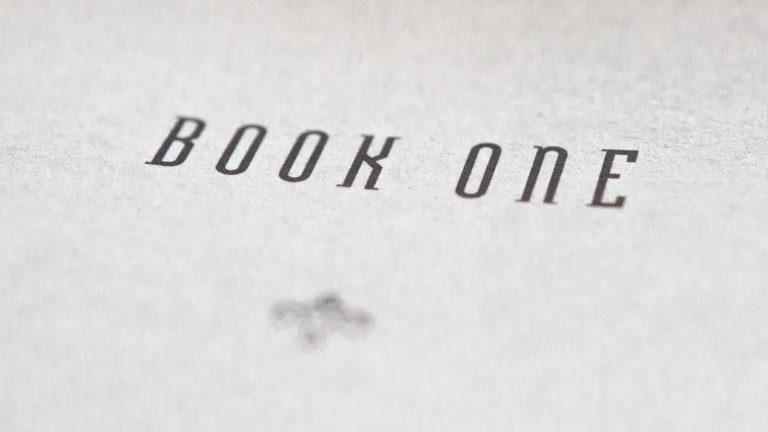Ten top tips to get an A* in iGCSE English Language
Learn our 10 top tips to make an A* more achievable in IGCSE English
With its range of question types, mind-boggling assessment criteria and a whole host of tricky texts to navigate, it can be difficult to prepare for the challenges of the iGCSE English Language exam. However, with a few simple strategies, students can successfully arm themselves with the tools they need to achieve highly.
Set the scene
Establishing what is required of you is always the first step toward exam success. How many questions are in each paper? What question types can you expect? How long should you spend on each section? Which assessment objectives are examined? Once you are able to answer these questions, you are ready to revise!
Get active
The iGCSE English Language is paper is full of brilliantly knotty non-fiction texts. So, actively reading, annotating and comparing a range of literary non-fiction as part of your preparation will both help you develop the laser-focused analytical skills you need as well as giving you plenty of inspiration for the writing section of the exam. To get you started, seek out the texts used in your exam board’s past papers.
Know your texts
If your iGCSE curriculum requires you to study an anthology of non-fiction extracts, ensure you have annotated each one thoroughly. Develop an eye for detail, pinpointing specific observations about tone and content alongside references to linguistic and structural techniques. Be prepared to give anyone who’ll listen a detailed breakdown of each text!
Read between the lines
For each reading question, identify which analytical skills are examined. Some questions will require you to focus solely on the content of a text, whereas others will ask you to analyse language, use quotations or summarise the text in your own words. If you know what’s expected, you’ll save time and write more effectively.
Avoid the obvious
When analysing language, steer clear of the phrase “this shows.” Instead, aim to investigate how a writer’s choices convey, reveal, imply or connote specific ideas. If you’re lucky, they may even ridicule, trivialise, sentimentalise or demonise an opposing set of values! To really hit those top marks, be sure to demonstrate an awareness of how a writer’s linguistic and structural decisions accentuate, heighten or reinforce one another.
Write the rules
For each writing question, make sure you know what sort of text you’re being asked to create, the audience you’re writing for and what the question is asking you to achieve. Whether it’s an article for a local magazine persuading parents of the benefits of social media or a blog entry for students offering advice about exam preparation, the purpose, audience and form suggested by the question should shape your writing.
Find your voice
Have fun writing a range of different text types, paying close attention to the specific tone, language and structure found in these different forms of writing.
Aim for accuracy
Spelling and grammar matter. Aim to communicate your ideas with clarity and precision, employing a range of grammatical structures to suit the specific needs of the question. Be inventive, be flexible and be accurate!
Be adventurous
Take risks with your vocabulary. Blow the examiner’s socks off with language that suits your purpose while also engaging, entertaining and persuading them.
Spot your weaknesses, develop your strengths
Past papers are an excellent way to practice your skills and highlight areas of improvement. Be careful not to exhaust yourself, though. Instead, think tactically: focus on specific questions, try out unfamiliar text types, use the mark scheme to assess your work and time yourself in short bursts before slowly working up to the challenge of a full paper.
Final Thoughts on getting that A*
Finally, remember that while preparation for an important exam cannot always be enjoyable, this exam is an opportunity for you to explore and emulate exciting contemporary texts which wrestle with, discuss and debate a whole world of ideas. Believe it or not, you have something to add to these discussions, debates and wrestling matches! Find your voice, sharpen your critical eye and enter the conversation.



I think this can help me
Hi Nothando,
We're really pleased you found this article useful. Good luck with your exams!
Best wishes,
Ed
Owl Tutors